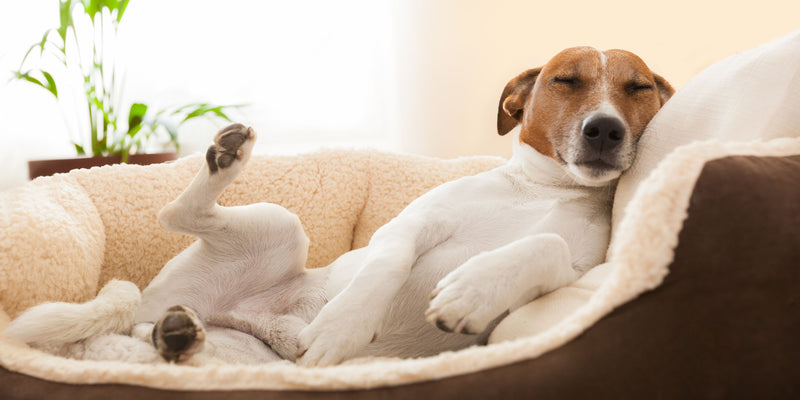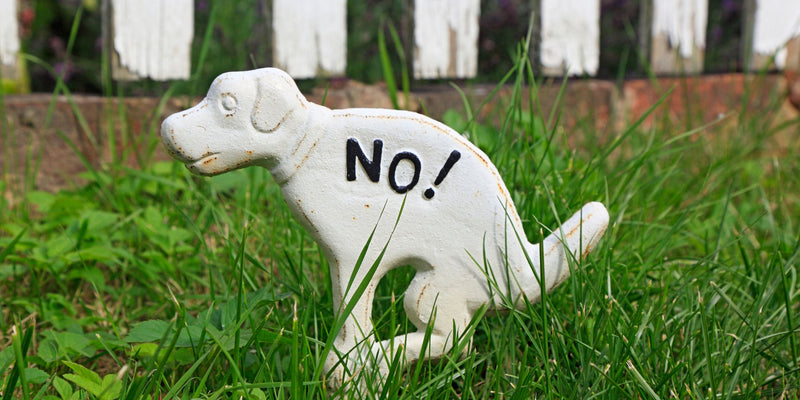The Canine Dreamland: Decoding Dogs and Their Sleep Patterns
January 01, 2024

Dogs, our loyal companions, have mastered the art of napping and sleeping in various adorable positions. From the playful puppy to the wise senior, understanding a dog's sleep patterns can offer valuable insights into their overall health and well-being. In this blog, we'll delve into the fascinating world of canine slumber, exploring how much dogs of different ages sleep and when you should raise an eyebrow at their snooze sessions.
1. Puppy Power Naps:
Puppies, bundles of endless energy, might seem like they never run out of steam. However, their sleep needs are surprisingly high. On average, a puppy can sleep anywhere from 18 to 20 hours a day! This extensive sleep is essential for their growth, development, and the processing of all the exciting new experiences they encounter.

2. Adult Dogs' Beauty Sleep:
As dogs transition into adulthood, their sleep patterns typically change. Adult dogs generally sleep around 12 to 14 hours a day. This includes both nighttime sleep and daytime naps. Factors such as breed, size, and overall health can influence the exact amount of sleep an adult dog needs.
3. Senior Serenity:
As dogs gracefully age into their senior years, their sleep patterns may shift again. Seniors tend to sleep more, averaging around 14 to 16 hours a day. This increased need for rest is often attributed to a decrease in energy levels and potential age-related conditions. However, it's essential to monitor any significant changes in sleep duration, as excessive sleepiness or difficulty sleeping could indicate health issues.

4. Signs of Concern:
While variations in sleep duration are normal, certain signs could indicate an underlying issue that requires attention. If your dog experiences drastic changes in sleep patterns, such as suddenly sleeping much more or struggling to rest, it's time to consult with a veterinarian. Other concerning signs include restlessness during sleep, persistent insomnia, or a notable increase in lethargy during waking hours.
5. Environmental Influences:
External factors can also influence a dog's sleep patterns. Changes in the household, such as moving to a new place or introducing a new pet, can affect a dog's comfort and impact their sleep. Additionally, environmental disruptions, like loud noises or an uncomfortable sleeping area, can contribute to irregular sleep patterns.
6. Creating a Sleep-Friendly Environment:
Ensuring that your dog has a comfortable and quiet place to sleep is crucial for their overall well-being. Provide a cozy bed in a calm area, away from noisy household activities. Establishing a consistent bedtime routine can also signal to your dog that it's time to wind down.

Understanding the sleep needs of dogs at different life stages is a key aspect of responsible pet ownership. While variations in sleep patterns are normal, being attuned to your dog's behaviour and recognising signs of concern ensures that you can address potential health issues promptly. As your furry friend dozes off into dreamland, rest assured that your attention to their sleep is a significant contribution to their happiness and health.
























